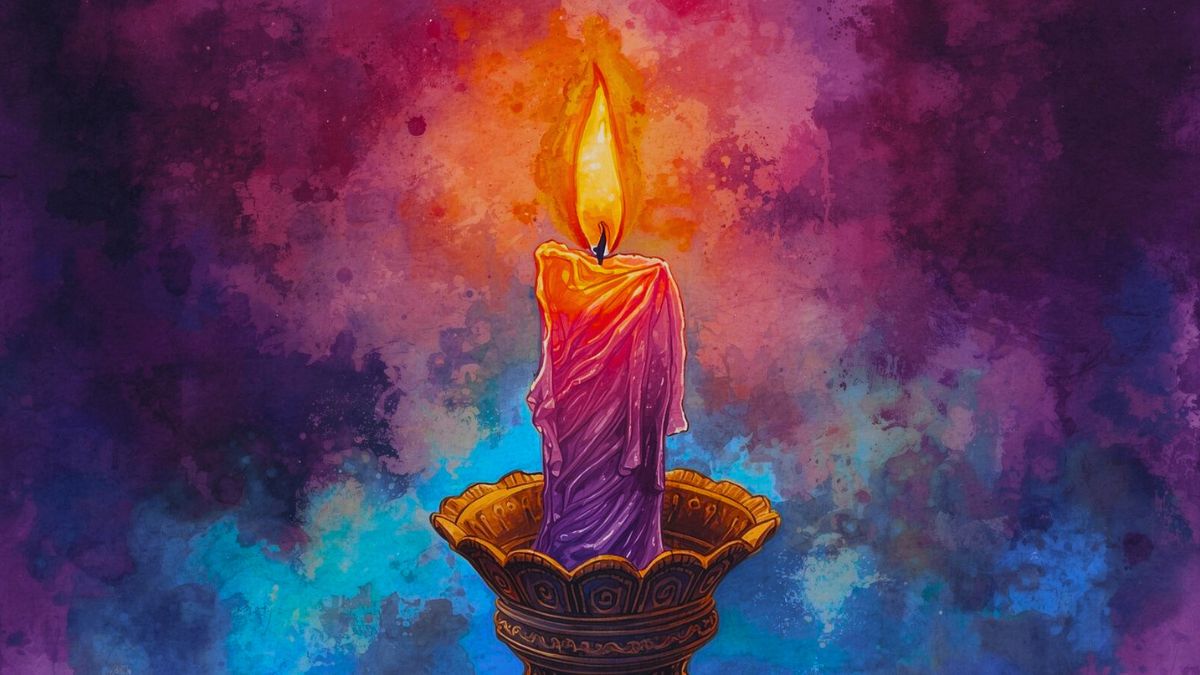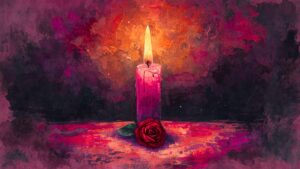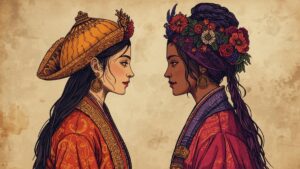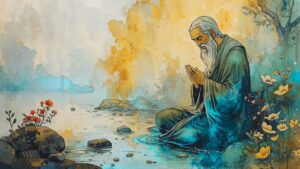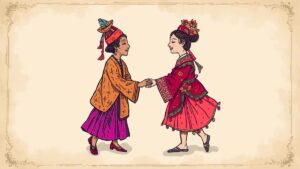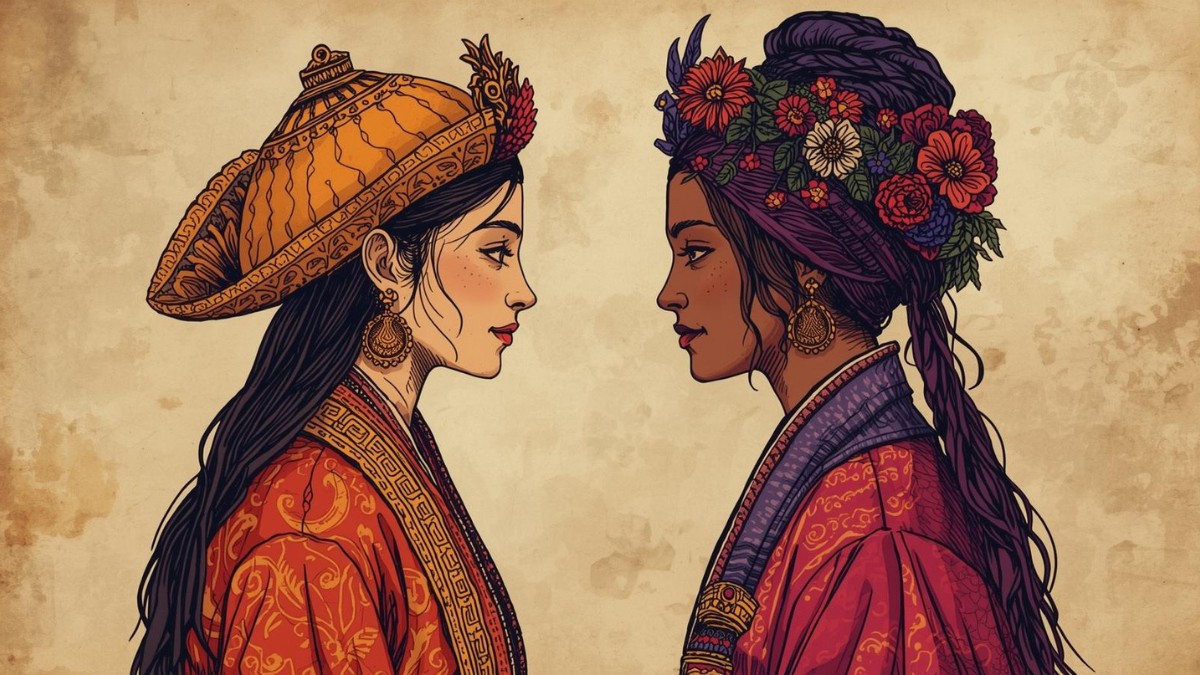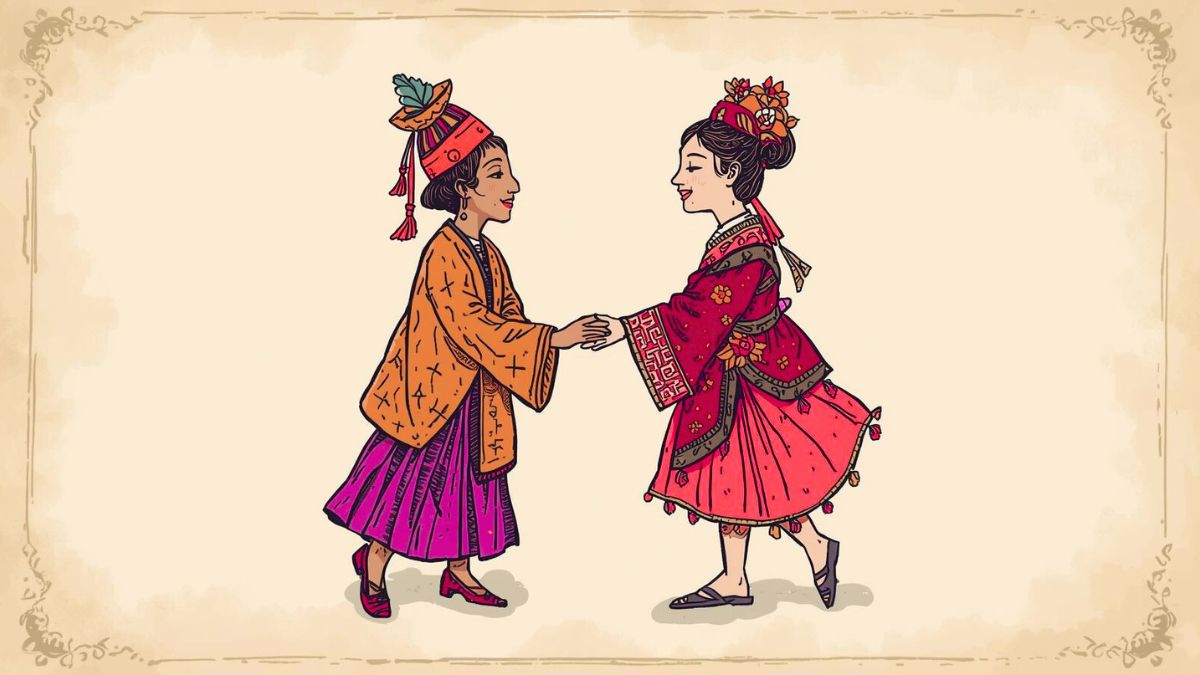Every tradition we practice today, whether a festival, a ritual, a way of greeting, or even the food on our table, was once carried carefully through time by those who came before us. Our ancestors were not merely survivors of their age; they were the guardians of memory, meaning, and the culture that binds us. When we pause and reflect on our ancestors and culture, we realize it is not just history we honor, it is the very lifeblood of who we are. By embracing the wisdom of our ancestors and culture, we find guidance and strength that shapes the way we live today.
Our Ancestors and Culture
Behind every tradition we practice, behind every ritual we keep alive, there were men and women who made a conscious choice: the choice to carry culture through hardship, to preserve identity in the face of change, and to leave behind a legacy that would outlast them. They understood that culture is not a luxury; it is a compass, a roadmap to our past and a guide to our future.
Our ancestors were more than names in family trees. They were storytellers, healers, farmers, warriors, mothers, fathers, dreamers, and builders. They lived not only for their own survival but for the survival of cultural wisdom. They understood something we sometimes forget today: our ancestors and culture are inseparable, and through them, we find meaning, guidance, and belonging.
When we speak of ancestors and culture, we are speaking of resilience. We are speaking of love that stretched across centuries—a love that manifested in rituals, language, music, food, prayer, and daily life. Their devotion to culture was a gift, a living inheritance passed down to us, their descendants. By remembering and honoring our ancestors and culture, we continue the story, carrying forward the wisdom, values, and traditions that shaped who we are and who we can become.
Everyday Acts That Keep Culture Alive
Culture was rarely preserved through grand monuments or written texts alone. More often, it lived quietly in the gentle rhythms of daily life. A comforting word shared with a child at night, carrying love, memory, and the echoes of generations. Recipes passed from grandmother to granddaughter were more than instructions—they were bites of heritage, stories of who we are woven into every flavor. Around evening fires after long days of work, stories were shared, teaching resilience, hope, and the wisdom of the past. Seasonal gatherings and communal rituals marked the cycles of life, keeping families and communities close.
These gestures may have seemed ordinary, yet they were extraordinary in their impact. Our ancestors were the guardians of continuity, ensuring that culture endured through the quiet, everyday acts of care. They understood that the survival of ancestors and culture depended on these simple, loving moments. Because of their care, we inherit more than blood—we inherit identity, belonging, and a living connection to the wisdom of those who came before us.
The Weight of Their Sacrifices
It is easy to forget that our ancestors often carried culture under conditions of deep struggle. Many were forced to navigate systems that sought to erase their traditions, silence their native language, or diminish their identity. Some were told that their customs were outdated or forbidden, yet they persisted in quiet, determined ways.
A grandmother continued to speak and pray in her native language, nurturing a connection to heritage even when it was discouraged. Parents and elders shared stories, teachings, and daily practices with their children, quietly passing down values, wisdom, and identity. Communities observed rituals, celebrated seasonal traditions, and honored sacred customs, even when resources were scarce or times were difficult. These acts were not merely about tradition—they were expressions of love, resilience, and devotion.
The bond between ancestors and culture was forged through sacrifice. They did not preserve traditions for comfort, but for survival—for us. By holding onto language, rituals, stories, and ways of life, they ensured that culture remained alive and that future generations could inherit identity, belonging, and the enduring wisdom of their ancestors.
Our Ancestors and Culture: Love in Action
Every tradition that lives within us today is a reflection of love. Love expressed through persistence. Love that whispered: “Even if I cannot give you wealth, I will give you roots. Even if I cannot guarantee your future, I will give you belonging.”
Consider the food prepared for special occasions, the rituals observed during birth, marriage, or death, and the words elders repeat as blessings. These are not random habits—they are the living language of ancestors and culture. They are the bridge connecting their world to ours.
When you taste a dish once made by your great-grandmother, you are not merely eating—you are partaking in memory. When you celebrate a festival, you are not simply honoring a date—you are stepping into a rhythm that has pulsed through generations, a rhythm sustained by ancestors and culture.
This is how ancestors and culture live within us: not as dusty relics, but as breath, as sound, as flavor, as spirit. Their devotion to preserving ancestors and culture becomes our inheritance, a living echo of their love and care.
The Relevance Today
In our modern world, with globalization and technology reshaping daily life, culture can sometimes feel like an afterthought. We move fast, consume fast, and often forget the roots of our practices. Yet, the importance of ancestors and culture has never been greater.
Culture grounds us in belonging. It reminds us that we are not rootless wanderers but branches connected to a strong trunk. Without culture, we risk losing not just traditions but identity itself—the wisdom and guidance passed down by generations of ancestors and culture.
Our ancestors understood this deeply. That is why they nurtured language, rituals, values, and ways of life that would inspire future generations. Today, it is our turn to honor that gift. We are no longer only the inheritors—we are also the keepers, entrusted with carrying forward the inspiring wisdom of our ancestors and culture. Through mindful practice, storytelling, and celebration, we ensure that their lessons continue to guide, uplift, and shape who we are.
Questions for Reflection
Take a moment to pause and reflect on your own lineage. Consider the ways in which ancestors and culture shape who you are:
Which traditions connect you most deeply to your ancestors and culture?
What stories have been shared in your family again and again, carrying wisdom across generations?
How can you ensure that these traditions or stories continue to be passed down to the next generation?
In what ways are you already living the legacy of your ancestors and culture in your daily life?
These questions remind us that honoring ancestors and culture is not a passive act—it calls for presence, intention, and care. Just as our ancestors were devoted keepers of wisdom and heritage, we too are entrusted with carrying their legacy forward, nurturing it with love and mindful attention.
We Are the Bridge
The story of ancestors and culture is not finished—it lives on through us. Every time we light a candle, cook an old family recipe, or speak a blessing passed down through generations, we are participating in a living thread that connects past, present, and future. We are not only honoring what came before; we are shaping what will come after.
We are the bridge between our ancestors and the generations yet to come. Our children, and their children, will one day look back and ask: “What did my ancestors do to keep our culture alive?” Each choice we make—whether to share a story, practice a ritual, or simply remember—becomes part of that answer.
The wisdom of ancestors and culture is not locked in history; it breathes in our actions, in the ways we care for one another, and in the rituals we preserve. What story will you give to those who follow? What lessons, traditions, and values will you pass forward? By embracing this responsibility, we carry forward the inspiring wisdom of ancestors and culture, ensuring that their legacy continues to guide, nurture, and inspire for generations to come.
Closing Thoughts
We are not just individuals living in the present moment—we are part of an unbroken chain. Our ancestors may no longer be physically with us, but they live on in the culture they preserved, in the values they passed down, and in the rituals that continue to shape our lives.
Every ritual we observe, every story we share, every recipe we prepare is more than habit—it is their whisper across time. It is their way of saying: “You belong. You are not alone. You are part of something bigger than yourself.” These small yet profound acts carry the living wisdom of generations, reminding us of who we are and where we come from.
When we honor ancestors and culture, we honor this whisper. We honor their endurance, their sacrifices, and the inspiring wisdom they left behind. We tell them, across centuries: “Your flame is still burning. We are carrying it forward.”
To deepen this connection, consider exploring the ways tradition thrives even in a fast-paced world. Our post on the power of tradition in a modern, fast-paced life offers practical reflections and guidance on how to keep culture alive today, bridging the lessons of our ancestors with the life we live now.
And in that moment, we too become guardians of the flame—for the generations yet to come, nurturing the wisdom, stories, and values that will continue to inspire long after we are gone.

